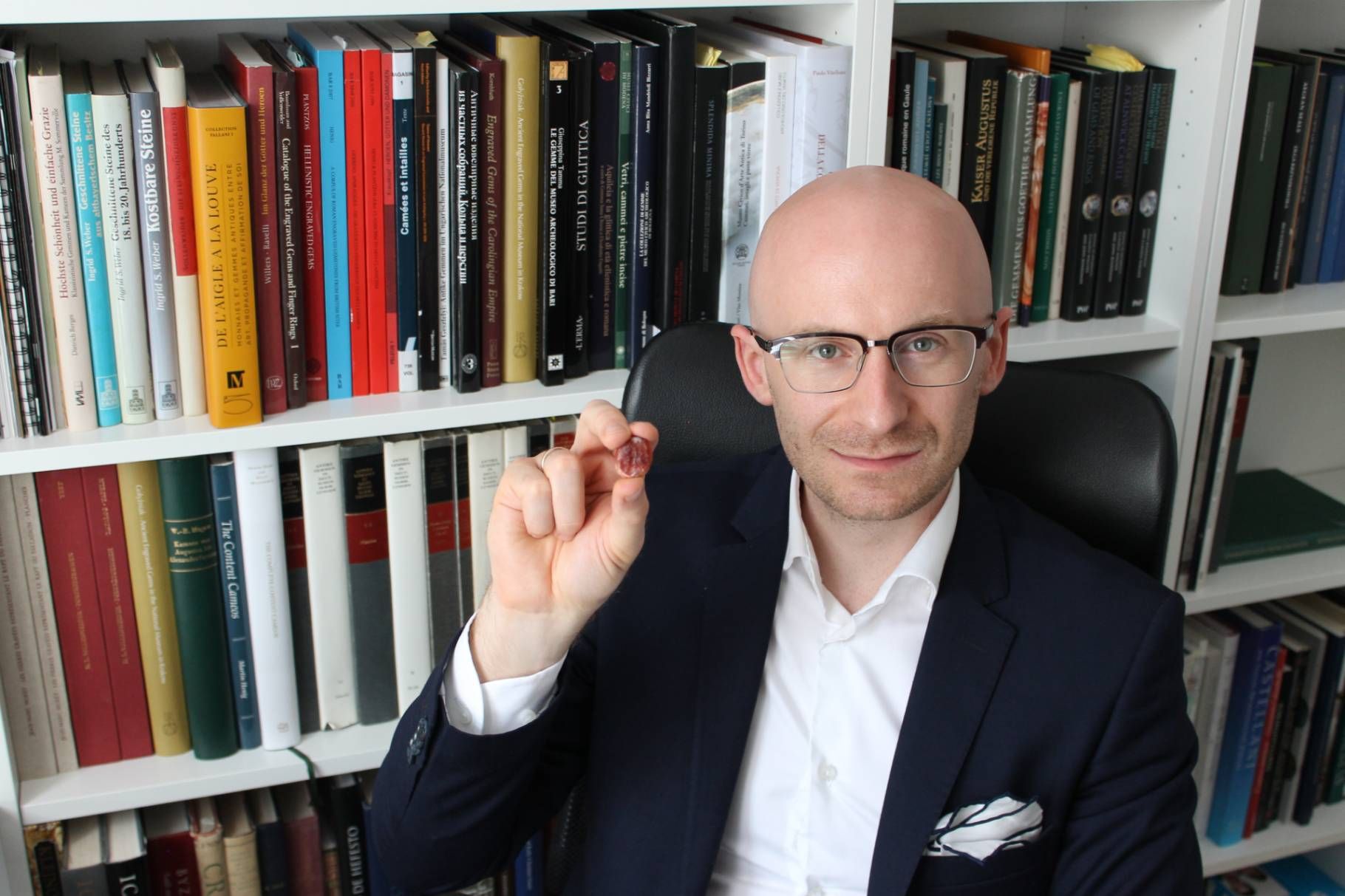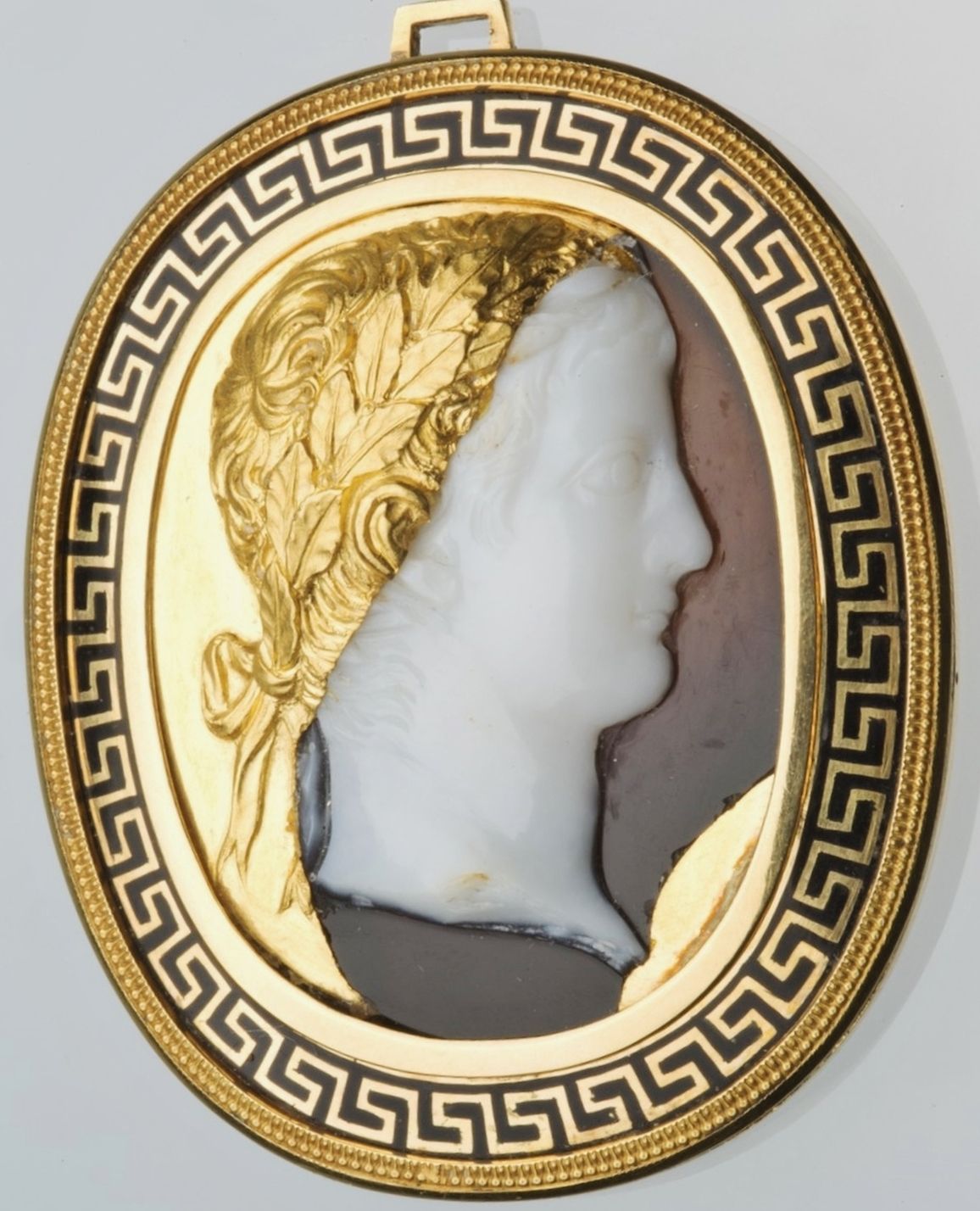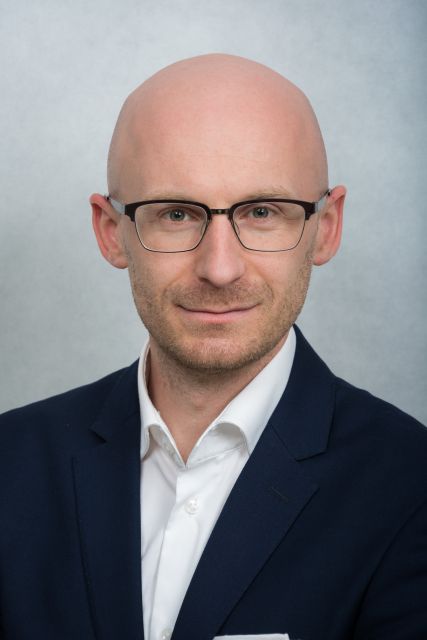On 15 September 2020, we are going to launch the OPUS 20 call, open to researchers at all stages of their academic careers, who are planning:
- research projects without the participation of foreign partners;
EXAMPLE: a research project carried out by a research team affiliated with a Polish university;
- research projects implemented by Polish research teams with the use of large international research equipment;
EXAMPLE: a research project carried out by a research team affiliated with a Polish university, using data from the Gaia space mission launched by the European Space Agency in 2013.
- research projects with the participation of foreign partners that are not applying for funding for that purpose within the framework of programmes launched by partner institutions and organised in cooperation with the NCN pursuant to the Lead Agency Procedure (however, the foreign teams may apply for funding under other research-funding programmes that are not co-organised by the NCN pursuant to the LAP);
EXAMPLE: a research project carried out by a team affiliated with a Polish university (applying for NCN funding for the Polish part of the research project) with the participation of Spanish partners, who independently seek funding for the Spanish part of the research project from other sources;
- research projects within the framework of LAP cooperation, i.e. with foreign research teams that apply for funding to their relevant research-funding agencies under programmes organised in partnership with the NCN pursuant to the Lead Agency Procedure;
EXAMPLE: a research project carried out by a research team affiliated with a Polish university (applying for NCN funding for the Polish part of the research project) in cooperation with a German research team applying to the DFG within the framework of a LAP partnership between the NCN and the DFG;
- research projects within the framework of LAP, with the participation of foreign partners who are not applying for funding under programmes announced by partner institutions, organised in cooperation with the NCN pursuant to the Lead Agency Procedure;
EXAMPLE: a research project carried out by a research team affiliated with a Polish university (applying for NCN funding for the Polish part of the project) in partnership with a German research team applying DFG funding, within the framework of the LAP cooperation between the NCN and the DFG, as well as with Spanish partners independently applying for funding for the Spanish part of the project from other sources.
LAP – Lead Agency Procedure
The Lead Agency Procedure (LAP) is a new proposal review standard adopted by European research-funding agencies, designed to make it easier for international research teams to seek funding for joint research projects, as well as to streamline the process of proposal review by research-funding institutions. The procedure rests on the following key principles:
- the use of domestic calls carried out by partner agencies to perform merit-based evaluation not only of domestic, but also bilateral and multilateral proposals, which compete on equal terms with national proposals;
- a basis of trust in the quality of peer review among agencies undertaking such cooperation. This allows for funding proposals for joint projects that involve at least two research teams from different countries to be reviewed only at one institution, known as the lead agency, relevant to one of the teams, under a scheme from its regular call portfolio. The results of merit-based evaluation performed by the lead agency are approved by all the other institutions, which then award funding to research projects recommended for funding in the course of such evaluation.
LAP cooperation under the OPUS 20 call
In the case of OPUS 20, the LAP cooperation relies on cooperation agreements between the NCN and the following partner institutions:
- FWF – Austrian Science Fund;
- GAČR – Czech Science Foundation;
- ARRS – Slovenian Research Agency;
- DFG – German Research Foundation;
- SNSF – Swiss National Science Foundation.
Pursuant to the cooperation agreements, the NCN as the lead agency under OPUS 20 will perform the merit-based evaluation of OPUS LAP proposals for research projects to be carried out by research teams from Poland, as well as the Czech Republic, Austria, Slovenia, Germany or Switzerland.
If the research project is recommended for funding, the NCN will provide funds for the Polish research team, while the partner institutions (FWF, GAČR, ARRS, DFG or SNSF) will fund the foreign partner teams.
PLEASE NOTE: The OPUS 20 call is also open to proposals (including OPUS LAP proposals) carried out with partners from foreign research institutions, who do not apply for funding to the FWF, GAČR, ARRS, DFG or SNSF within the framework of programmes organised in cooperation with the NCN pursuant to the Lead Agency Procedure. For these proposals, the foreign research teams need to obtain funding from other sources.
International cooperation is not obligatory under the OPUS 20 call and proposals submitted together with foreign partners will not be given preferential treatment over those that do not involve such partnerships.
How to submit an OPUS LAP proposal under the OPUS 20 call?
OPUS 20 is also open to funding proposals submitted within the framework of the LAP cooperation (hereinafter referred to as OPUS-LAP proposals):
- bilateral or trilateral cooperation between a Polish research team and teams from Austria, Slovenia or the Czech Republic (under the Central European Science Partnership – CEUS), in all research disciplines, whereas the Polish research team must apply to the NCN:
- for at least 40% of the total project budget, as outlined in the budget table (applies to bilateral projects)
or
- for at least 25% of the total project budget, as outlined in the budget table (applies to trilateral projects);
PLEASE NOTE (1) If a proposal under OPUS LAP is submitted to the NCN as the lead agency and the above conditions are not met, the proposal will be rejected by the NCN and the partner institutions relevant for the foreign teams involved in the project on the grounds that it does not meet the eligibility criteria.
PLEASE NOTE (2): At the NCN, calls for proposals involving projects to be carried out as bilateral or trilateral cooperation by research teams from Poland, Austria, the Czech Republic, and Slovenia, where FWF, GAČR or ARRS act as the lead agency, are launched within the framework of the CEUS-UNISONO call.
The OPUS 20 call accepts OPUS LAP proposals:
- drafted by the Polish research teams in cooperation with foreign teams, in compliance with the requirements outlined in the OPUS 20 call announcement, which will be published on the NCN website on 15 September 2020;
- involving basic research that has not been funded by the NCN or from other sources;
- based on an equal and complementary contribution by all research teams. This is to say that the contribution of each team involved in the project must be significant and necessary and their respective tasks should complement one another to create a coherent joint research project. Any OPUS LAP proposal deemed by the Expert Team not to meet this requirement will not be eligible for funding.
In accordance with the requirements specified in the OPUS call announcement, the OPUS LAP proposal drafted by a Polish research team in cooperation with foreign research teams must be submitted to the NCN by the Polish research team via the ZSUN/OSF submission system available at: https://osf.opi.org.pl, by 15 December 2020, 4 p.m..
In addition, each foreign research team involved in the project must submit a funding proposal to the relevant research-funding agency, including a set of required documents, before the deadline and in accordance with the terms and conditions; the proposals are submitted by:
- Austrian research teams – to the FWF;
- Czech research teams – to the GAČR;
- Slovenian research teams – to the ARRS;
- German research teams – to the DFG;
- Swiss research teams – to the SNSF.
If the partner institution requires applicants to submit a copy of the OPUS LAP proposal, a complete English language version of the OPUS LAP proposal in PDF format must be generated in the ZSUN/OSF submission system and sent to the foreign research team.
PLEASE NOTE: OPUS LAP proposals submitted to the NCN must be the same as the one submitted to the partner institution.
More information:
Guidelines for the Polish research teams submitting proposals under OPUS LAP (draft version – to be updated on 15 September 2020)
NCN Contact Persons:
Scientific Coordinator:
Dr inż. Ewelina Szymańska-Skolimowska
e-mail:Ewelina.Szymanska-Skolimowska@ncn.gov.pl
General inquiries
Dr Magdalena Godowska
e-mail: Magdalena.Godowska@ncn.gov.pl
Magdalena Dobrzańska-Bzowska
e-mail: Magdalena.Dobrzanska-Bzowska@ncn.gov.pl




